Free Health Checkup Camps Organized in the Chakwal
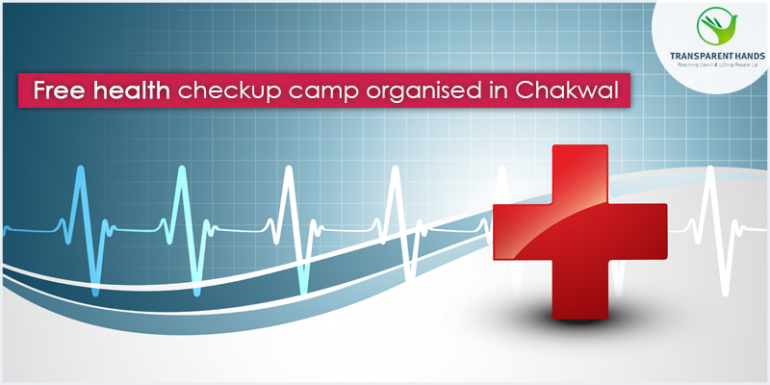
Free Health Checkup Camps are organized to facilitate access to healthcare free of cost and enrich the lives of poor children and adults with chronic illnesses by providing them proper treatment and medication. These camps are staffed by healthcare providers like physicians, nurses, pharmacists, phlebotomist, supervisors, patient registration persons, and volunteers. Volunteers work closely with fully qualified doctors for the entire duration of the camp. While these individuals do not provide health care for the patients, they support the activities carried out at the camp and require a basic understanding of the chronic illnesses affecting the patients. Free Health Checkup Camps Organized in the Chakwal.
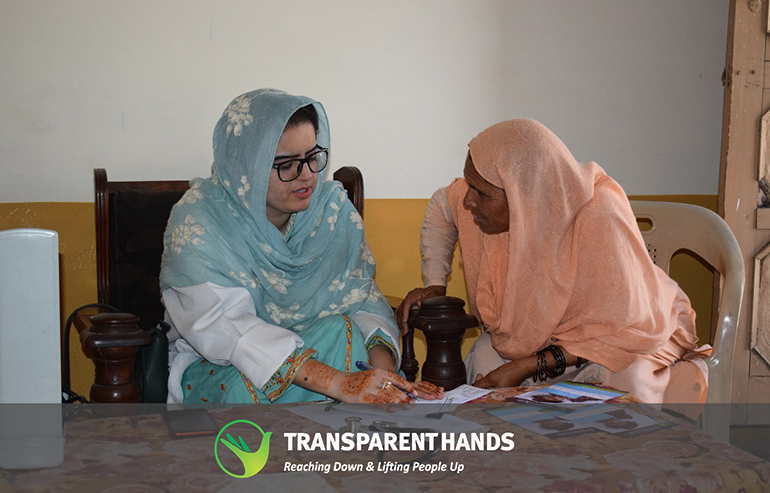
Free healthcare camps are of great importance to the poor people who live on a meager income. These people never dare to visit the hospitals or clinics even when they are sick because their meager income is insufficient to bear the expenses of a good health checkup or buy the medicines prescribed by the doctor.
These healthcare camps provide general healthcare checkups, eye checkups, and dental checkups to the underprivileged people. Common medical problems experienced by the patients include abrasions, exposure, headaches, vomiting, food poisoning, pharyngitis, seizures, adverse drug reactions, hypoglycemic reactions, and anaphylactic reactions etc. They are given the right treatment and free vitamin tablets, antibiotics or other necessary medicines which they cannot buy.
The healthcare camps also contribute to raise awareness and teach the people the importance of washing hands, taking daily baths, drinking safe water, eating nutritional food, keeping the houses and the surroundings clean which are absolutely necessary to lead a healthy life.
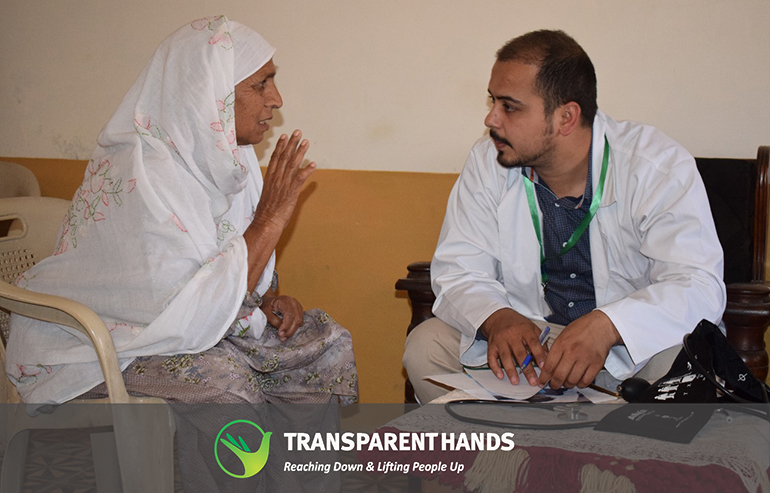
According to the International Growth Center, the urban population is growing three percent per year in Pakistan, and people are flocking to the cities faster than in any other country in South Asia. By 2030, more than half of Pakistan’s projected 250 million citizens are expected to live in cities.
As urbanization has inflated Pakistan’s biggest cities rapidly therefore now it has become nearly impossible to deliver public services and create productive jobs. Urban poverty is on the rise in Pakistan, so one in every eight urban dwellers are living below the poverty line.
In most Pakistani cities, water is supplied only 4 to 16 hours per day and only 50 percent of the population have access to it. According to the Asian Development Bank (ADB), 90 percent of water supply schemes are unsafe for drinking. Sharing latrines among households are very common in cities. In the most population-dense areas of Karachi, one toilet is shared by 20 people so diarrhea-related death and disease among children under five are prevalent in the country.
The World Health Organization reported ; Karachi is the most polluted city in Pakistan with air twice as polluted as that of Beijing. The level of pollution in Punjab’s major cities is also three to four times higher than that determined safe by the United Nations. A lack of clean drinking water remains a major cause of the high mortality rate of children under five years old in the country. Save the Children’s 2015 Annual Report, pointed out that poor urban children in Pakistan are more likely to die young than rural children.
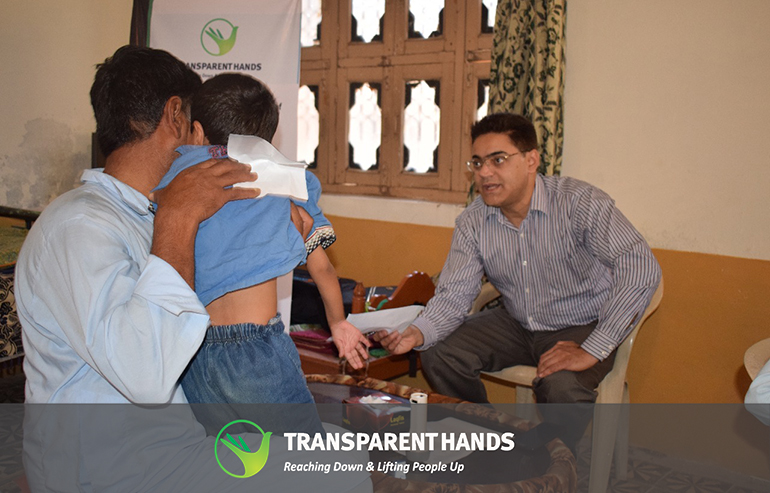
Though healthcare is a basic human right ;the increasing cost of medical services don’t allow the poor people to get access to treatments or medicine even when they badly require that care. The human right to health means everyone has the right to the highest attainable standard of physical and mental health, which includes access to all medical services, sanitation, adequate food, decent housing, healthy working conditions, and a clean environment. The human rights to health care also mean that hospitals, clinics, medicines, and doctors’ services must be accessible, available, acceptable, and of good quality for everyone, whenever it is needed.
Unfortunately, the healthcare situation is so different in reality. Healthcare services have turned into purchasable products so people with enough money can only afford them. At the forefront, free healthcare camps strive to meet the needs and well being of the underprivileged community. These camps provide the poor with medical services and medicines free of cost in order to relieve their pain.
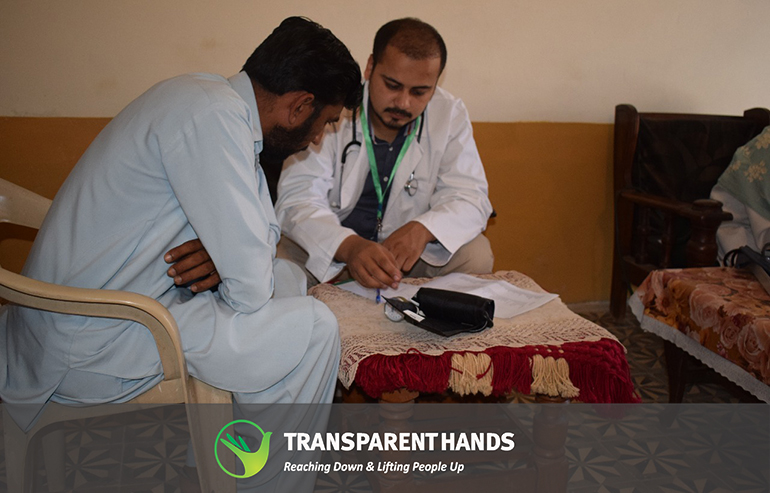
Hence free healthcare camps are solely serving the humanity while protecting the rights of the poor. The Human rights are all about protecting another’s freedom and seeing that the underprivileged people are getting access to their fundamental needs and being treated with dignity:s letting them live.










Leave Your Comments